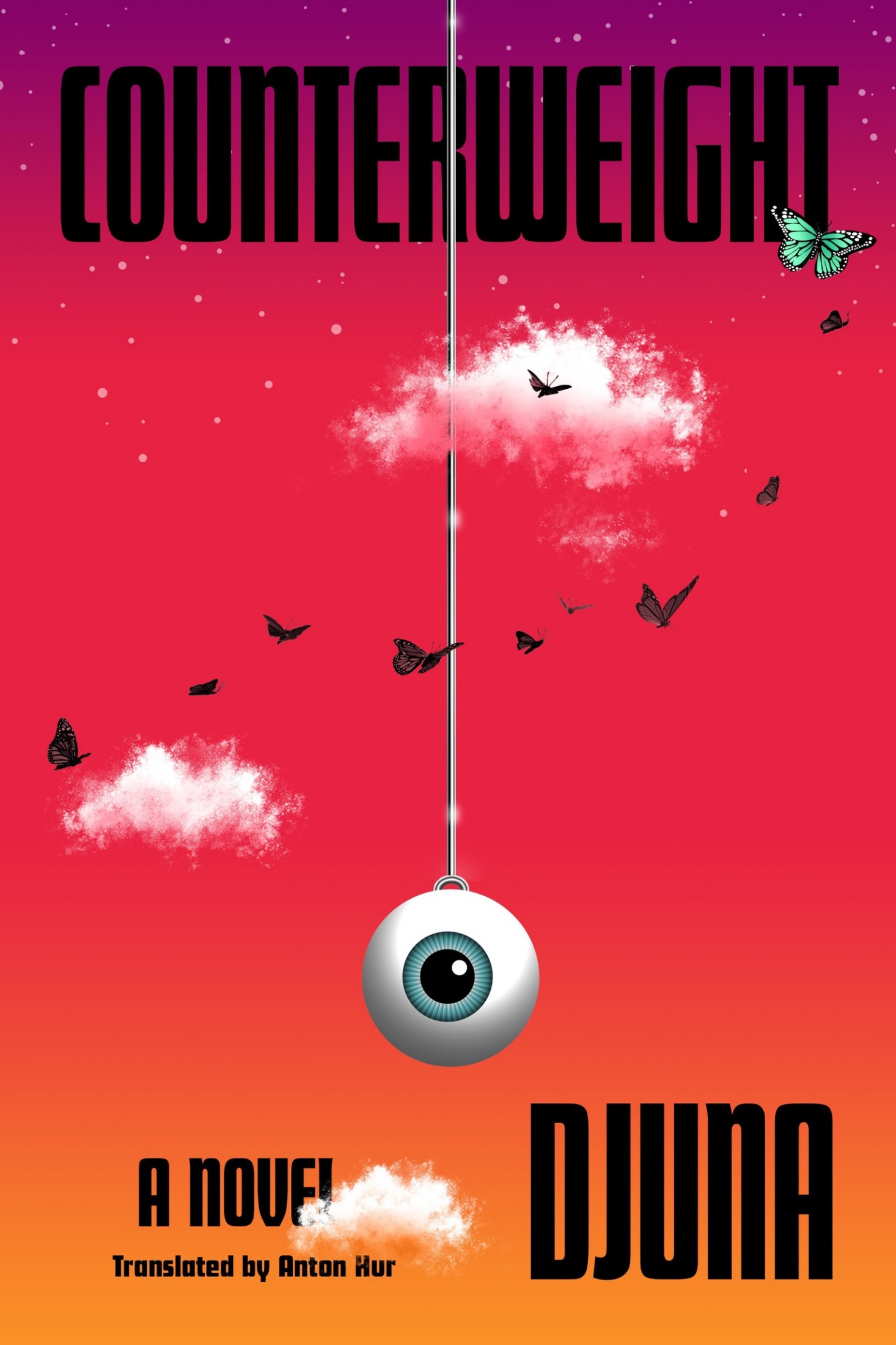enne📚 reviewed Counterweight by Djuna
Counterweight
2 stars
Overall, this book didn't work for me. After finishing it, I found out that Counterweight was originally intended as a low budget scifi movie and it feels like it. The characters are thin, and there are almost more characters talked about off page than we see on page. The book emits its ideas in a smoke cloud of cyberpunk chaff without engaging deeply with any of their implications.
This is a cliché critique, but most of what didn't work for me was how much this book told instead of showed. There's an entire chapter midway through where the protagonist dumps the backstory of the old LK president's misdeeds that they've chosen not to share with the reader until that point. The book continually laments how AI will slowly run more of the world and humans won't be necessary, but we see little evidence (and directly very little of AI …
Overall, this book didn't work for me. After finishing it, I found out that Counterweight was originally intended as a low budget scifi movie and it feels like it. The characters are thin, and there are almost more characters talked about off page than we see on page. The book emits its ideas in a smoke cloud of cyberpunk chaff without engaging deeply with any of their implications.
This is a cliché critique, but most of what didn't work for me was how much this book told instead of showed. There's an entire chapter midway through where the protagonist dumps the backstory of the old LK president's misdeeds that they've chosen not to share with the reader until that point. The book continually laments how AI will slowly run more of the world and humans won't be necessary, but we see little evidence (and directly very little of AI in general).
Here's some more blabs about AI in this book that I've left in a second comment for length.

